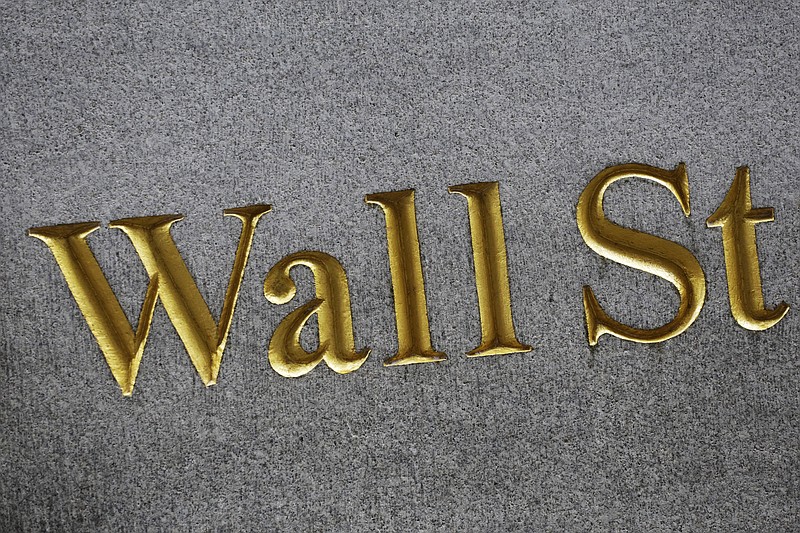Given all the recent focus on health policy, you might think that the medical-industrial complex would be heavily involved in the Democratic primary race, going all out to block Elizabeth Warren. And a coalition of drug companies, insurers and hospitals is indeed running ads attacking "Medicare for All."
But the health industry's political role has been relatively muted so far. Partly this may reflect realism: Even if Warren becomes president, the chances of getting Medicare for All through Congress are small. It may also reflect the surprising openness of doctors to reform. While the American Medical Association still officially opposes single-payer, at a recent meeting, 47% of the delegates voted to drop that opposition.
No, the really intense backlash against Warren and progressive Democrats in general is coming from Wall Street. And while that opposition partly reflects self-interest, Wall Street's Warren hatred has a level of virulence, sometimes crossing into hysteria, that goes beyond normal political calculation.
What's behind that virulence?
First, let's talk about the rational reasons Wall Street is worried about Warren. She is, of course, calling for major tax increases on the very wealthy, those with wealth exceeding $50 million, and the financial industry is strongly represented in that elite club. And since raising taxes on the wealthy is highly popular, it's an idea a progressive president might actually be able to turn into real policy.
Warren is also a big believer in stricter financial regulation; the Consumer Financial Protection Bureau, which was highly effective until the Trump administration set about gutting it, was her brainchild.
So if you are a Wall Street billionaire, rational self-interest might well induce you to oppose Warren.
The real tell here is that much of the Wall Street vitriol now being directed at Warren was previously directed at, of all people, President Barack Obama.
Objectively, Obama treated Wall Street with kid gloves. In the aftermath of a devastating financial crisis, his administration bailed out collapsing institutions on favorable terms. He and Democrats in Congress did impose some new regulations, but they were very mild compared with the regulations put in place after the banking crisis of the 1930s.
He did, however, refer on a few occasions to "fat cat" bankers and suggested that financial-industry excesses were responsible for the 2008 crisis because, well, they were. And the result, quite early in his administration, was that Wall Street became consumed with "Obama rage," and the financial industry went all in for Mitt Romney in 2012.
The point is that Wall Street billionaires, even more than billionaires in general, seem to be snowflakes, emotionally unable to handle criticism.
It may be that in their hearts they suspect that the critics have a point.
What, after all, does modern finance actually do for the economy? Unlike the robber barons of yore, today's Wall Street tycoons don't build anything tangible. They don't even direct money to the people who actually are building the industries of the future.
Now, human nature being what it is, people who secretly wonder whether they really deserve their wealth get especially angry when others express these doubts publicly. So it's not surprising that people who couldn't handle Obama's mild, polite criticism are completely losing it over Warren.
What this means is that you should beware of Wall Street claims that progressive policies would have dire effects. Such claims don't reflect deep economic wisdom; to a large extent they're coming from people with vast wealth but fragile egos, whose rants should be discounted appropriately.
The New York Times
